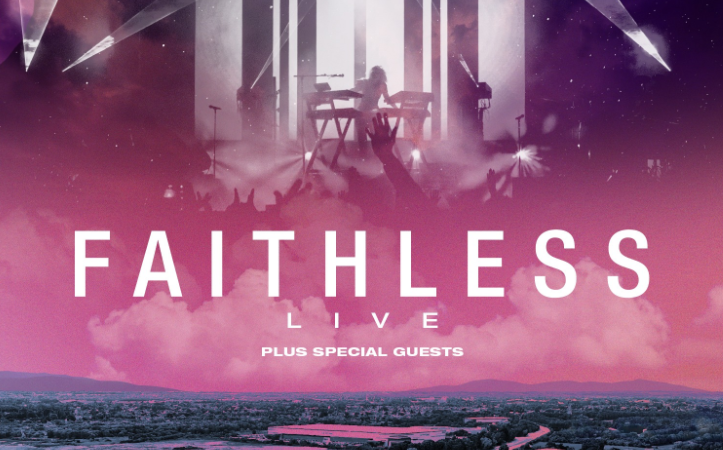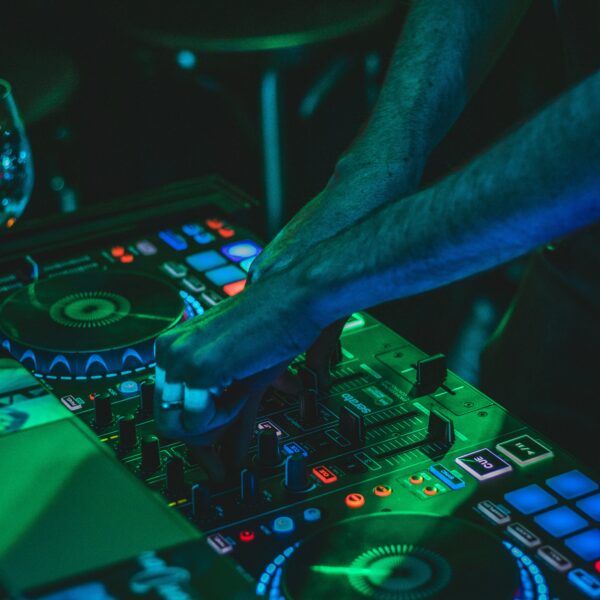Nightbus – ‘Passenger’
False prophets of the realisations
To be a passenger is not simply to move from one place to another, but to drift within ourselves. We carry multiple selves, layered and shifting, each waiting for their turn at the wheel. At times, they emerge gently, steering us without resistance. At others, they seize control abruptly, leaving us watching from somewhere deep inside.
To be human is to surrender, again and again, to these hidden navigators – versions of ourselves that rise, recede, and return, shaping the journey in ways we rarely anticipate. We are passengers within ourselves, and those versions of versions can take the wheel at any time – often, beyond our on conscious control.
Through this lens, a gloomy, minor riff opens Passenger, the debut album by Nightbus, evoking all the brooding etherealism of the unknown. Deftly stepping into a metronomic trip-hop beat, Somewhere, Nowhere paints the backdrop for a hypnotic record that lurks and journeys through the isolating and the unpredictable.
False Prophet mournfully contemplates, “Misery is communication”, questioning the presence of a being, a deity, a self—reaching for a conversation over a brooding, droning bassline and a forest of electronic drum beats that build toward a haunting, spectral crescendo. Fluoride Stare follows, a minor-keyed descent into numbness and artificial calm, where sterile melodies shimmer like neon reflections on glass, evoking the quiet, paralysing horror of facing yourself.
In The Void, vocalist Olive Rees ethereally sings through the haze, a haunting vocal drone that fills the empty space, turning the wordless refrain into a kind of mantra, both soothing and unsettling, as if the void itself were singing back.
Ascension kicks things up a gear, moving into a more dance-y, electronic space rising out of the void, while Just a Kid adopts a hip-hoppy, grainy trip-hop beat as an intermission.
On Renaissance, layers of reverberating synths and distant percussion form a fragile pulse towards 7am, where words spill softly, half-whispered, half-recited, as if she’s thinking out loud in the dark. It feels intimate yet distant, like a transmission from somewhere inside the mind – unsettling, hypnotic, and human.
Blue in Grey is the end of our journey, a final exhale into quiet reflection. The song moves gently, unhurried, as if aware that everything has already been said. Her voice feels distant yet tender, spoken like a memory, carried by soft, dissolving chords. By the final echo, there is acceptance: a slow fading into stillness. It’s less an ending than a letting go, the moment when the self becomes silence and the silence becomes enough.
Nightbus is misty, smoky, dancing with the shadows, mournfully longing for the places we intend to go, and capturing where we end up along the way – both within and outwith our selves.
Release date: October 10
















